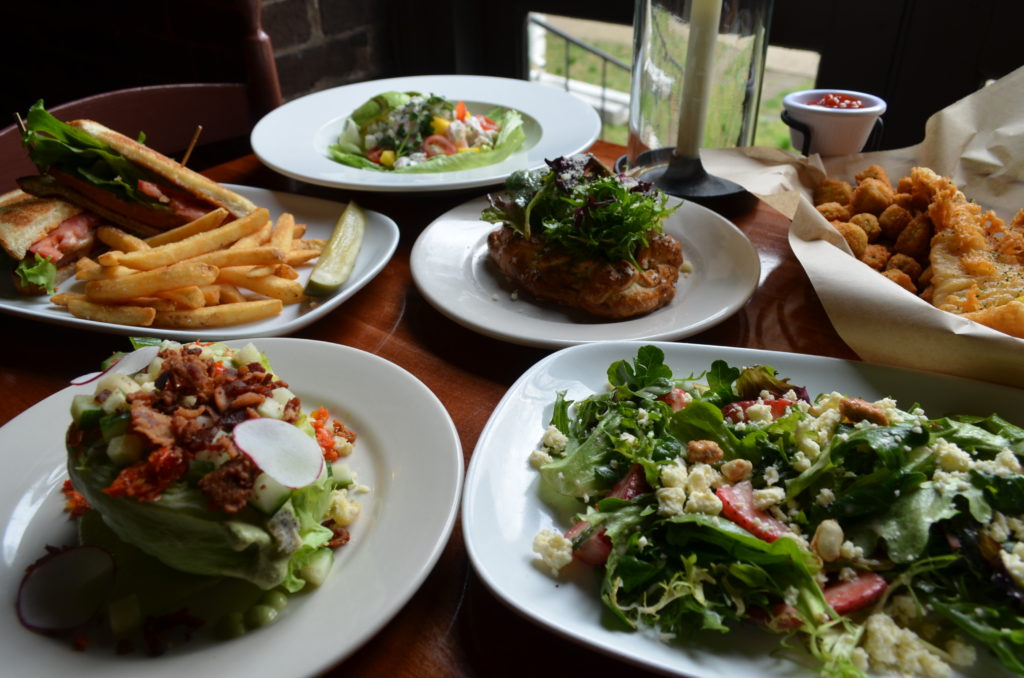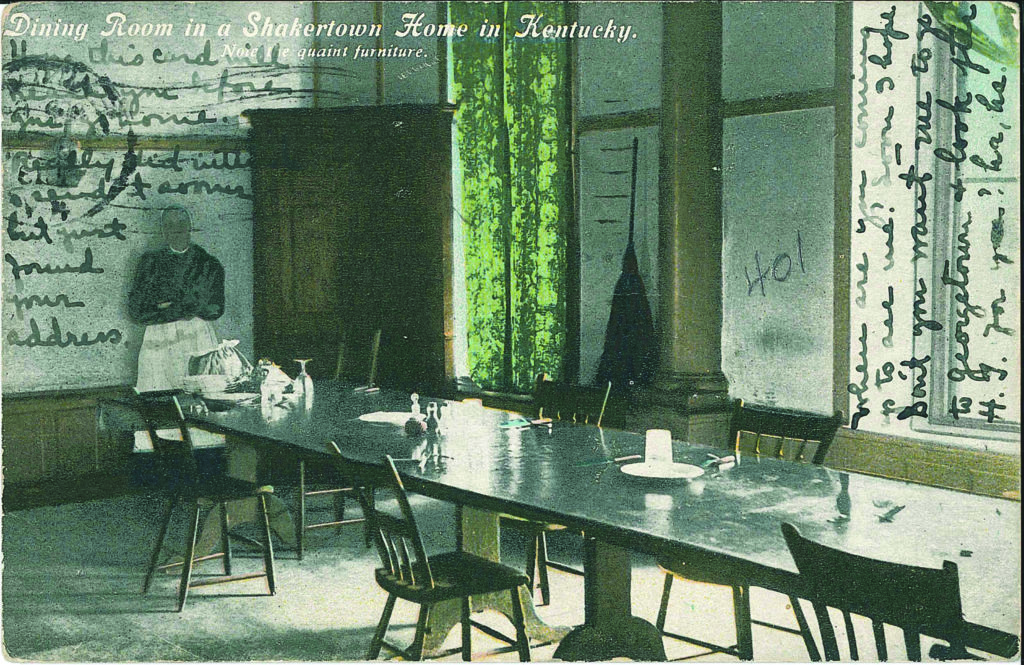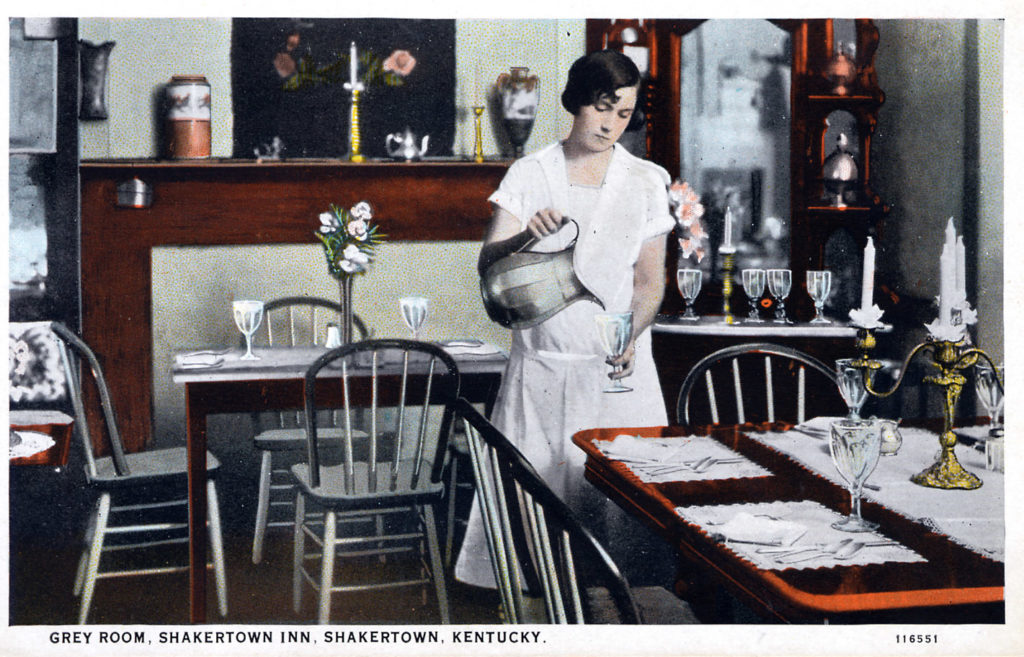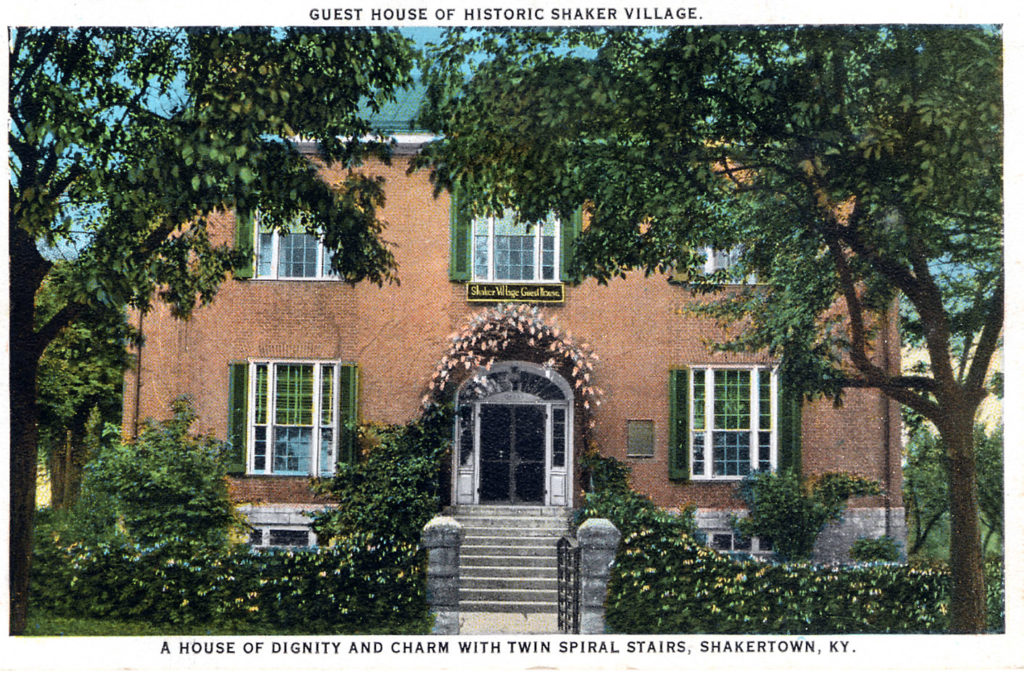Brandi Duff, Farm Assistant
For more than two centuries, seeds have been saved from the vegetable gardens at Pleasant Hill for use in subsequent years. For the Shakers, there were many reasons to save seeds from the bountiful gardens they grew. By saving the seeds they knew produced well, the Shakers ensured they had what they wanted for the following year. This was a sustainable and cost-effective use of resources.
A Market Industry
Though seed saving was a common practice in early agrarian America, the Shakers quickly turned it into a market industry. Credited with being the first to sell seeds in small pre-packaged envelopes, the Shakers at New Lebanon, NY perfected this process as early as the 1790s.
They kept detailed records and divided the process into four areas: the field, the barn, the shop, and the world.
Seed saving became profitable for most Shaker communities, and we see evidence of this industry at Pleasant Hill in the early 1800s. According to Pleasant Hill records, seeds were saved throughout the growing season and were sent to consignment shops in September and October, remaining there through February or March.
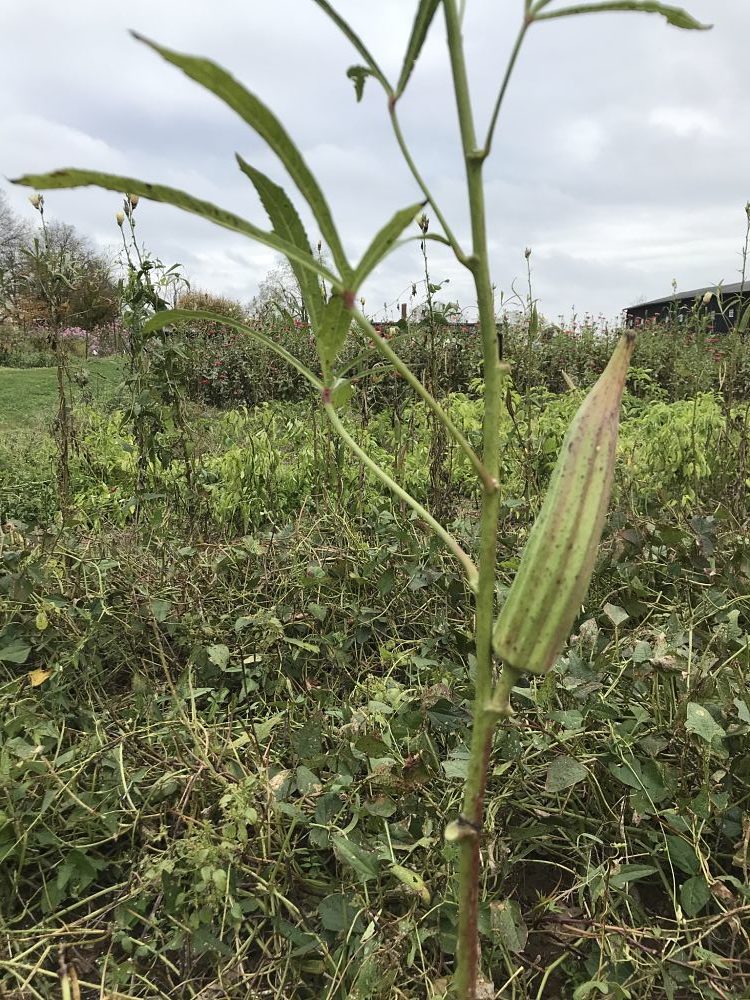
Seed packets evolved throughout the years, beginning as small envelopes in tan or orange colors. Print shops at each location printed the intricately designed border adding planting instructions on the packaging later in the process. The Shaker name on seeds soon became synonymous with “quality.” This allowed them to thrive in the industry.
After the civil war, the Shakers began to see stronger competition in the seed market. The combination of superior printing technology using brighter colors, better growing locations, and the fact that many Shaker communities were in decline, led to the Shaker seed market eventually closing.
Seed Saving Today
Today at Pleasant Hill, we still proudly grow and save heirloom varieties of plants. Our seeds are open-pollinated, which means that they either self-pollinate or are pollinated by the same plants. This ensures the reliability to produce the same plants as the parent plant.
We proudly offer many of the same varieties in our shops that the Shakers grew. Learn more about seed saving by attending one of our educational tours or a farm workshop.
To purchase heirloom seeds from the Shops at Shaker Village, come on out for a visit, or visit our online store!
